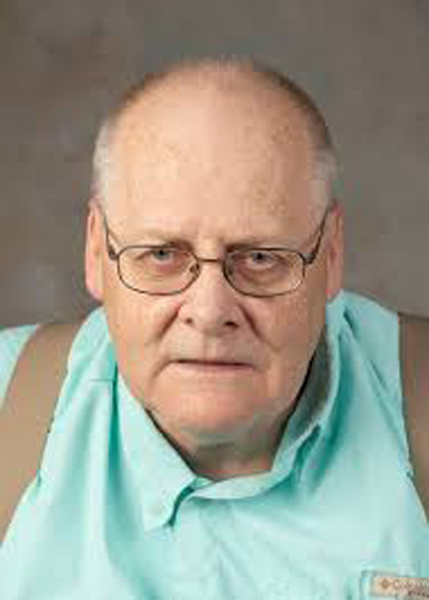For some TV networks and reporters, Memorial Day is just a day off for a walk in the park. The significance of the day gets shadowed by the correspondents’ attempts to put a positive face on everything. Thus, last weekend, the crawl lines and anchors on several channels wished everyone a “Happy Memorial Day.”
Wow! Did that idea come from journalism training at a top school? Or was the network thinking Memorial Day was another day for fun, not for at least a decent spell of mourning?
What’s next, a broadcaster saying “Have a pleasant 9-11 Anniversary Day?” or the vile “Have a great Holocaust Remembrance Day!”
Memorial Day honors those men and women who gave their lives for our country. That should not be equated to a fun-filled day or weekend, without at least thinking about who made it possible. The golf course or a Yuppie coffee shop are not the only things to visit on a holiday such as we recently observed.
Next year, get involved with a specific way to participate on a Memorial Day by observing a Moment of Silence, privately at any time that day. Better yet, you can join many Americans next year in a National Moment of Remembrance. It happens every year at 3 p.m. and became a law in 2000. Why 3 p.m.? Congress felt most people are having a picnic or are at a sports event in the afternoon and thus can fall silent for the fallen as others do.
“As the true meaning of Memorial Day has become obscured, shrouded in the haze of BBQ smoke, Congress was moved in 2000 to institute a Moment of Silence,” writes Huffington Post contributor Ryan Scott. “Allegedly, the idea for the moment came when children touring Washington, D.C. were asked about the meaning of Memorial Day and responded, ‘That’s the day the pool opens!’”
Memorial Day has been celebrated on the last Monday of May, since 1971. Before that it was always May 30 every year for the national holiday. This change caused many Americans to rejoice, thinking of what fun they might have on that date, and solemnity is not always in the plan. This is why the Veterans of Foreign Wars and the Sons of Union Veterans of the Civil War would prefer to keep the original date.
“Changing the date merely to create three-day weekends has undermined the very meaning of the day, “a VFW spokesman said. “No doubt, this has contributed a lot to the general public’s nonchalant observance of Memorial Day.” They have a point, which I share: First things first, patriotism before popcorn and pie.
In my case, the change to the last Monday in May affected me as my birthday is May 31.
That translates into seven of the past 49 years having my birthday on Memorial Day. Those were years 1971, 1976, 1982, 1993, 1999, 2004 and 2010. I always wanted my birthday to be a national holiday; now I get that, but only about every seven years!
Sarah Kickler Kelber, in a 2012 column in The Baltimore Sun, expressed concern that many people treat two military-related holidays as interchangeable. “Today is Memorial Day, not Veterans Day,” she wrote. “All across social media and elsewhere, I see well-meaning declarations thanking members of the military for their service. When you thank the living on the day meant to honor the dead, it’s a little bit awkward for everyone involved.”
“To be thanked for service in this context seems uncomfortable, to put it mildly,” Kelber continued. “So today, let’s remember those who gave their lives.” I have written earlier that “Thank you for your service” is weak. Try saying something less vague, such as “I appreciate your amazing efforts in the Battle of Basra.” Remember: a memorial is something that commemorates a dead person or a pivotal historic event. And veterans are quite clearly alive!
A famous war poem is “In Flanders Fields.” It was written in 1915 after the Second Battle of Ypres, where mustard gas pioneered its deadly self. Author Lt. Col. John McCrae was a physician with the Canadian Expeditionary Force. Its opening lines refer to the poppy fields that sprung up among the soldier’s graves. Back in the early 1990s, the poem was often read at ceremonies at Fort McClellan.
The second stanza is: “We are the dead. Short days ago, We lived, felt dawn, saw sunset glow, Loved, and were loved, and now we lie, in Flanders fields.” In 1961, FCC chairman Newton Minnow identified TV as a “vast wasteland.” He might have been describing some of today’s journalists who think a solemn holiday for heroes is just like a happy family day.
Shallow is blooming like poppies in Flanders Fields, but is neither honorable nor poetic.
Greg Markley has lived in Lee County for 18 of the last 23 years. An award-winning journalist, he has masters degrees in education and history. He has taught as an adjunct in Georgia and Alabama.

